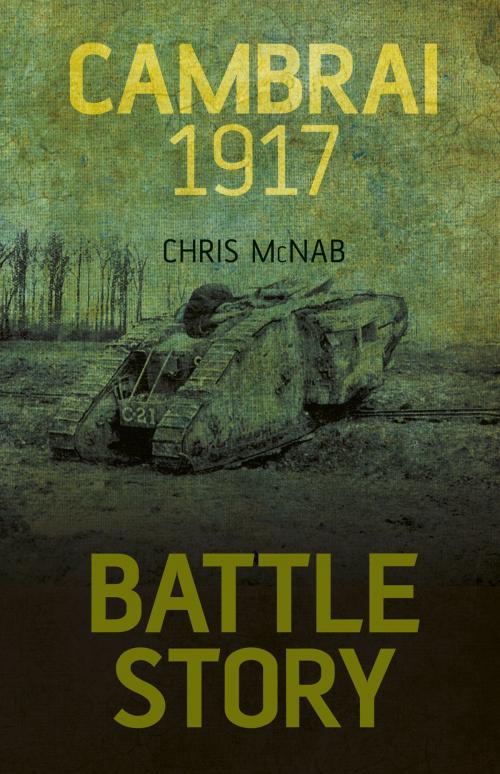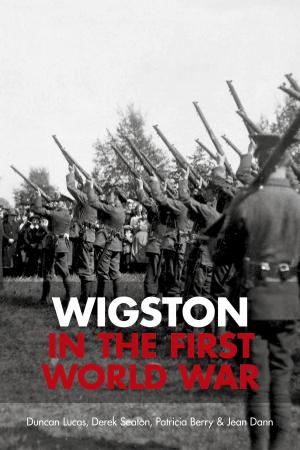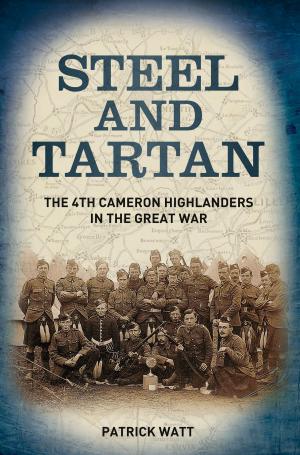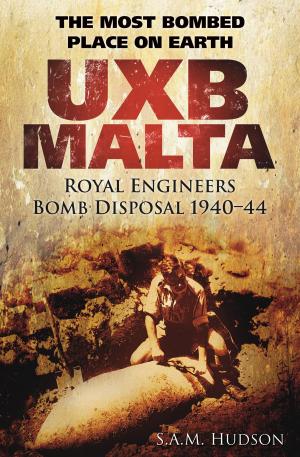| Author: | Chris McNab | ISBN: | 9780752483719 |
| Publisher: | The History Press | Publication: | February 29, 2012 |
| Imprint: | The History Press | Language: | English |
| Author: | Chris McNab |
| ISBN: | 9780752483719 |
| Publisher: | The History Press |
| Publication: | February 29, 2012 |
| Imprint: | The History Press |
| Language: | English |
Everything there is to know about this battle, legendary for its experimental use of artillery, infantry, and tanksThe Battle of Cambrai has become synonymous with one of the Allies' first large-scale use of tanks on the Western Front. Cambrai certainly saw over 450 Mark IV tanks lumber across No Man's Land and penetrate the Hindenburg Line. For the Germans on the other side of these defenses the sheer scale of these "iron monsters" was terrifying, however they quickly rallied and the battle was about much more than the tanks deployed. Chris McNab explores how new techniques of sound-ranging and artillery strategy played a greater part on the battlefield than the tanks which have dominated the history of the battle. At dawn on November 20, 1917 more than 1,000 guns fired on German positions and 400 tanks and thousands of men stepped out into the barren land between the trenches. At first, it seemed that success was inevitable, with more than 5 miles of ground gained—a significant amount for such an operation, however on the first day of battle 180 tanks were out of action and the attack began to flounder. After days of attack and counterattack, both sides had gained ground, but no definitive success and with more than 70,000 casualties. Yet, Cambrai was an important training ground for both sides, proving the effectiveness of new tactics that would lead to greater victories later in the war.
Everything there is to know about this battle, legendary for its experimental use of artillery, infantry, and tanksThe Battle of Cambrai has become synonymous with one of the Allies' first large-scale use of tanks on the Western Front. Cambrai certainly saw over 450 Mark IV tanks lumber across No Man's Land and penetrate the Hindenburg Line. For the Germans on the other side of these defenses the sheer scale of these "iron monsters" was terrifying, however they quickly rallied and the battle was about much more than the tanks deployed. Chris McNab explores how new techniques of sound-ranging and artillery strategy played a greater part on the battlefield than the tanks which have dominated the history of the battle. At dawn on November 20, 1917 more than 1,000 guns fired on German positions and 400 tanks and thousands of men stepped out into the barren land between the trenches. At first, it seemed that success was inevitable, with more than 5 miles of ground gained—a significant amount for such an operation, however on the first day of battle 180 tanks were out of action and the attack began to flounder. After days of attack and counterattack, both sides had gained ground, but no definitive success and with more than 70,000 casualties. Yet, Cambrai was an important training ground for both sides, proving the effectiveness of new tactics that would lead to greater victories later in the war.















